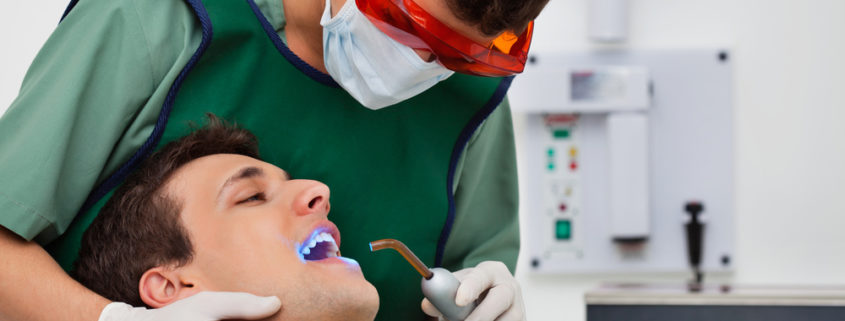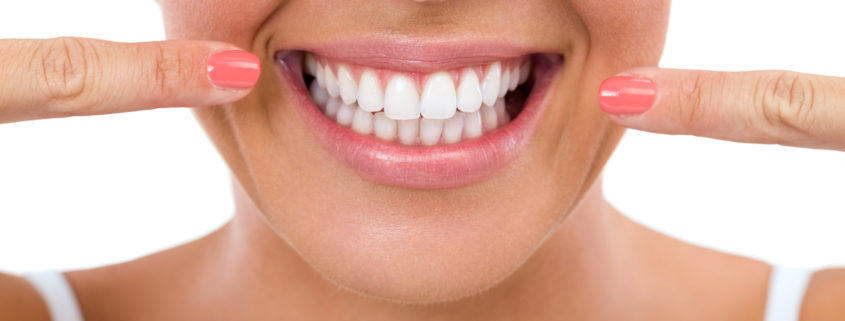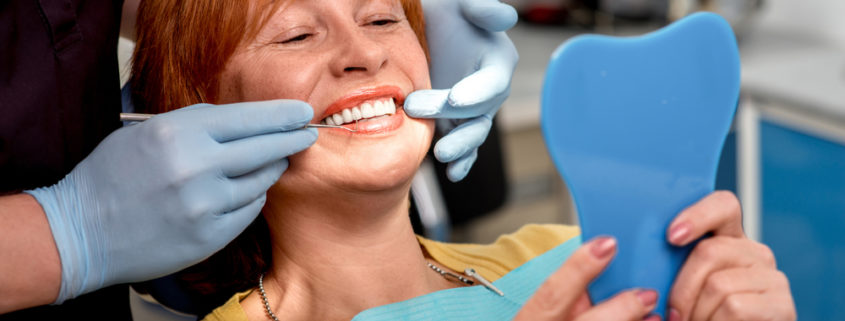What Kind of Toothpaste Should I Use?
With the plethora of choices that we are posed with everyday, it can be difficult to determine what type of toothpaste is right for you. First, there are several brands to choose from as well as for different purposes. Are you looking for something to whiten your teeth, help your enamel, and prevent cavities or another reason? Another huge factor that goes into choosing the right toothpaste is the flavor. Do you like spearmint, regular mint, or possibly cinnamon?
Well, with all of these options, where do you even begin?
American Dental Association
Next time you are on the lookout for new toothpaste, keep your eye out for the ADA’s seal of acceptance logo. This means that this toothpaste is marked as safe and effective by the ADA and that the claims on the packaging are found true.
Cavities
We are all at risk of getting cavities from our diets and our dental care. If you are looking for toothpaste to help with cavity prevention, make sure your choice contains fluoride. If you choose toothpaste with the ADA seal of acceptance, it will contain fluoride. (Flossing will also help eliminate the risk of getting cavities.)
Enamel strengthening
When you eat a highly acidic diet, your dental enamel could be at risk. This softens the outer most layer of the tooth, putting it at risk of further damage. By utilizing a remineralization toothpaste, you can strengthen your enamel over time.
Sensitive teeth
There are special toothpastes made especially for tooth sensitivity. This would be useful for root canals or patients with periodontal disease. These products contain ingredients to reduce the pain associated with these conditions.
Flavor
This one is up for personal preference. Some form of mint is most popular, giving your breath a fresh scent.
With all of the options out there, we hope that you can determine which option is best for you. Perhaps you have several uses you’d like to include in your toothpaste, sometimes you can find a brand with several benefits.
Overall, it might be more beneficial to consult your dentist for a specific recommendation, from brand all the way to use.
If you’d like to meet with us in regards to your toothpaste choice, let us know.
If you have other questions or concerns surrounding your dental health, we would love to work with you and find a solution for your specific case.







